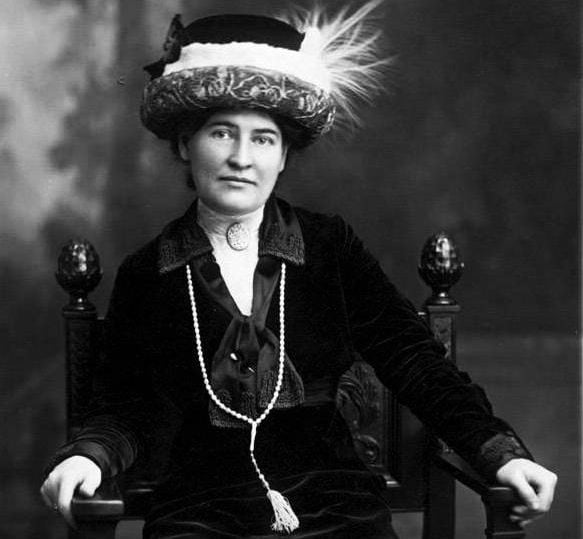The overture closed, my aunt released my coat sleeve, but she said nothing. She sat staring dully at the orchestra. What, I wondered, did she get from it? She had been a good pianist in her day, I knew, and her musical education had been broader than that of most music teachers of a quarter of a century ago. She had often told me of Mozart`s operas and Meyerbeer`s, and I could remember hearing her sing, years ago, certain melodies of Verdi.
When I had fallen ill, with a fever in her house she used to sit by my cot in the evening when the cool night wind blew in through the faded mosquito netting tacked over the window and I lay watching a certain bright star that burned redmbove the cornfield and sing “Home to our mountains, O let us return!” in a way fit-to break the heart of a Vermont boy near dead of home-sickness already.
Seething turmoil
I watched her closely through the prelude to Tristan and Isolde, trying vainly to conjecture what that seething turmoil of strings and winds might mean to her, but she sat mutely staring at the violin bows that drove obliquely downward, like the pelting streaks of rain in a summer shower. Had this music any message for her?
Had she enough left, to at all comprehend this power which had kindled the world since she had left it. I was in a fever of curiosity, but Aunt Georgiana sat silent upon her peak in Darien. She preserved this utter immobility throughout the number from The Flying Dutchman, though her fingers worked mechanically upon her black dress, as if, of themselves, they were recalling the piano score they had once played. Poor hands! They had been stretched and twisted into mere tentacles to hold and lift and knead with; on one of them a thin worn band that had once been a wedding ring. As I pressed and gently quieted one of these groping hands, I remembered with quivering eyelids their services for me in other days.
Soon after the tenor began the “Prize Song,” I heard a quick drawn breath, and turned to my aunt. Her eyes were closed, but the tears were glistening on her cheeks, and I think, in a moment more, they were in my eyes as well.
It never really dies, then the soul which can suffer so excruciatingly and so interminably; it withers to the outward eye only; like that strange moss which can lie on a dusty shelf half a century, and yet, if placed in water, grow green again. She wept so throughout the development and elaboration of the melody.
Read More about The Conpiracy of Aston part 2








